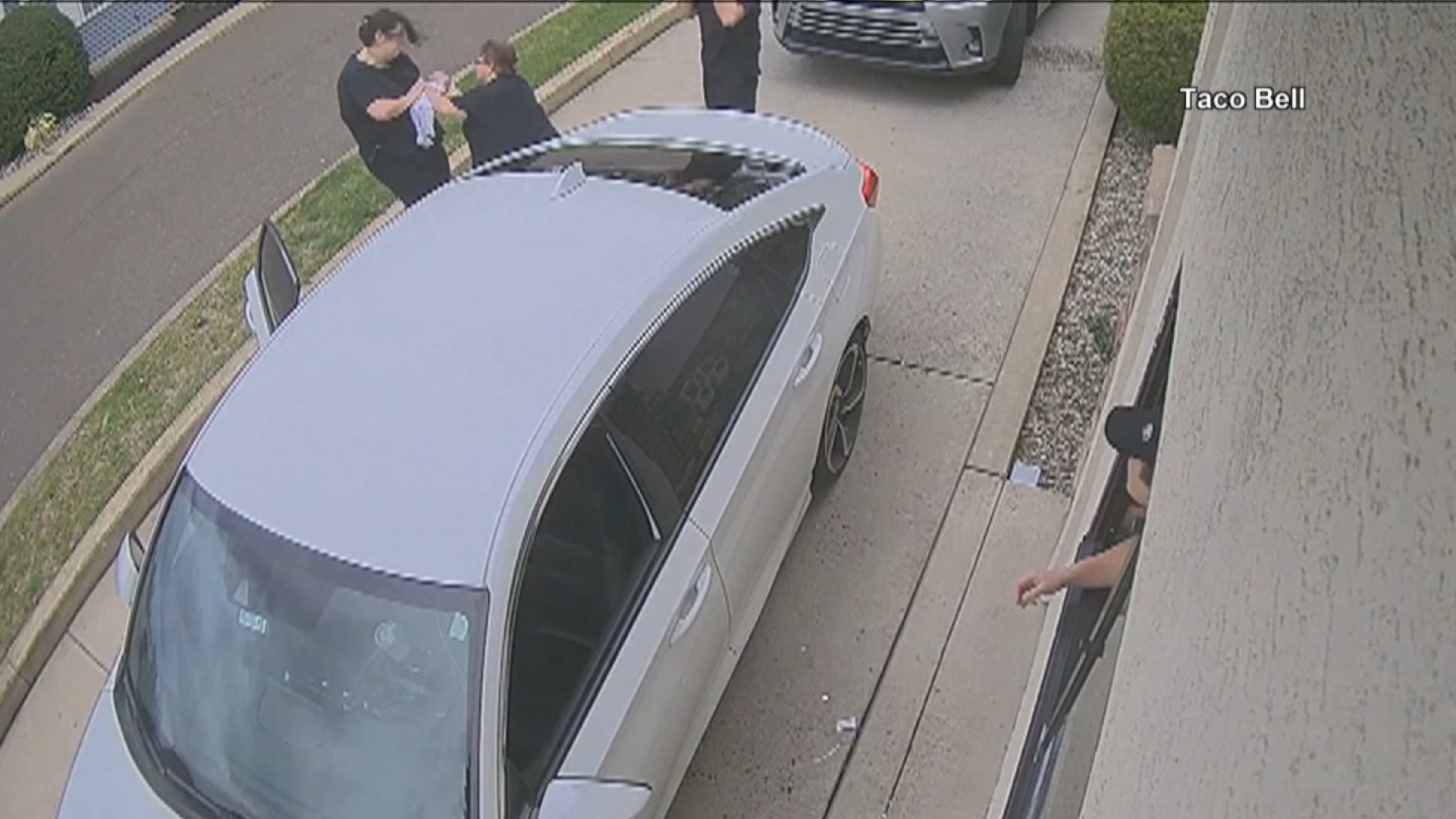
Jason Babins recent musings about cavorting with the bulls in Spain brought to mind the whole subject of how NFL players spend the off-season. Babin isnt the first to talk about doing something crazy. Players have been doing it for years.
It is different now because players make enough money playing the game that they dont have to work in the off-season. If they put themselves at risk, it is because they want to, as in the case of Babin, who said he would like to run with the bulls someday, a thought that caused the color to drain from Andy Reids face.
But there was a time when players werent making very much money so they had to work in the off-season to pay the bills. Some players were substitute school teachers and others with bigger names got jobs in sales. For example, Chuck Bednarik was a sales rep for the Warner Concrete Company. Thats how he got the nickname Concrete Charlie.
Stay in the game with the latest updates on your beloved Philadelphia sports teams! Sign up here for our All Access Daily newsletter.
The New York Giants benefitted by being in the media and marketing capital. Dozens of Giants picked up easy money doing TV commercials for shaving cream (halfback Frank Gifford), clothes (linebacker Sam Huff) and cigarettes (quarterback Charlie Conerley was the first Marlboro Man). Placekicker Pat Summerall was hired to do sports reports on the radio and that led to a successful broadcasting career after he retired.
In other cities, players earned money doing things that werent so tame. Charlie Powell was a defensive end with the San Francisco 49ers who boxed professionally in the off-season. He fought Muhammad Alithen Cassius Clayand was knocked out in the third round. I dont think you could get away with that today.
Sometimes players withheld information from their teams because they didnt want them to know what they were doing. A good example was Bobby Walston, a tight end and placekicker who played for the Eagles from 1951 through 62. He set a team record for points (881) that stood for half a century before it finally was broken by David Akers.
Walstons average annual salary with the Eagles was around 9,000, so in the off-season he worked as a deputy sheriff in Tattnall County, Georgia. He told the Eagles brass it was a nothing job. He made Tattnall County sound like Mayberry RFD, only slower.
News
Well, that wasnt quite true. Tattnall County was a very active area for moonshiners and Walston spent many off-season days raiding stills and engaging in high speed chases on dusty dirt roads. Eventually, the Eagles found out what was going on and put a stop to it.
Walston then took a job as athletic director at the Georgia State Prison. The Eagles were OK with that. What they didnt know was when Walston wasnt handing out basketballs at the prison he was drag racing in a souped-up Chevy. Luckily, he never got a scratch.
Walt Garrison was a fullback with the Dallas Cowboys and a rodeo rider in the off-season. He suffered more injuries on the rodeo circuit than he did carrying the football and blocking for Calvin Hill. He later cashed in by doing TV commercials for smokeless tobacco.
Without a doubt the biggest off-season risk taker was Jim Marshall, the former Minnesota Viking. He set an NFL record by starting 282 consecutive regular season games, the most ever for a defensive lineman. He was an avid skydiver (he made more than 100 jumps), scuba diver and outdoorsman. He did things that made running with the bulls look tame.
In 1971, Marshall was part of a group that went on a snowmobile trip into the Grand Teton Mountains in Wyoming. They were caught in a blizzard and feared lost.
Blinded by the snow, Marshall drove his snowmobile over a cliff. It was a 2,000 foot drop but Marshall somehow caught hold of a rock and managed to save himself. The other members of his party, including teammate Paul Dickson, pulled Marshall to safety, but it was a delicate process that took more than an hour.
The heavy snow stalled the remaining vehicles. The 15 men and one woman tried to walk but it was hopeless. The snow was up to the 6-3 Marshalls waist. The group built a fire with pine cones and tree boughs and kept it going with wallets, ID cards and, finally, dollar bills. A rescue party found them the next day, but by then one mana 51-year-old bank executivehad frozen to death.
Marshall rarely spoke about the experience. When the Vikings went to the Super Bowl, Marshall skipped most interview sessions because he did not want to be asked about it. But late in his career, he sat down with me outside the locker room at old Metropolitan Stadium. As our conversation was winding down, I asked about the snowmobile trip.
We lived a lifetime in 24 hours, Marshall said. We experienced every emotion you could imagine.
He paused.
Thats all Im gonna say about it, he said.
That was enough.
E-mail Ray Didinger at viewfromthehall@comcast.net


